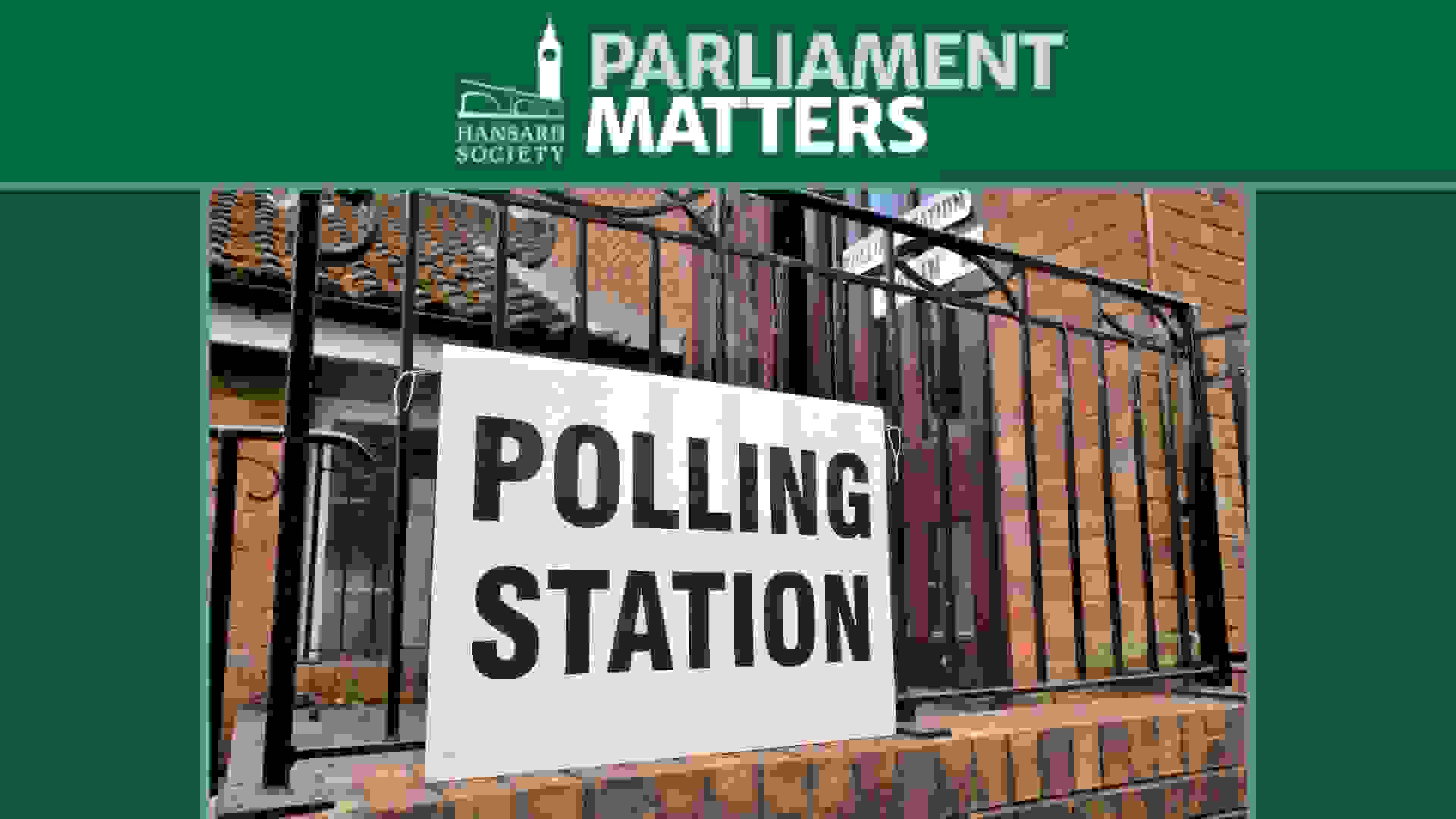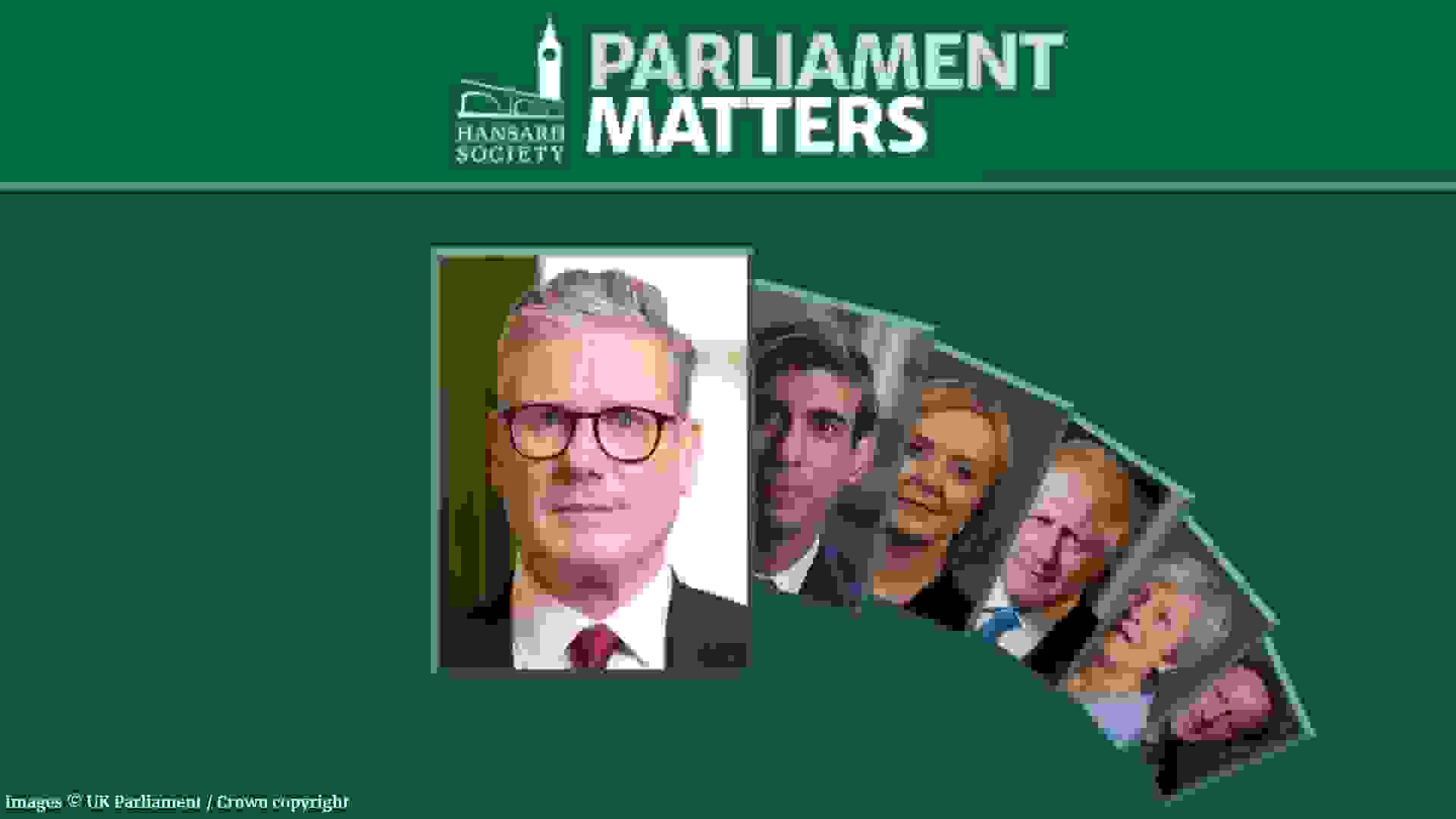Guides / What happens to Select Committees when Government Departments change?
For each Government Department, the House of Commons has a dedicated departmental Select Committee to scrutinise it. But changes to the line-up of Select Committees, to reflect machinery-of-government changes to Departments, do not take place automatically. There is some scope for discretion and negotiation – with, in practice, the Government ultimately deciding whether and how to make changes.







